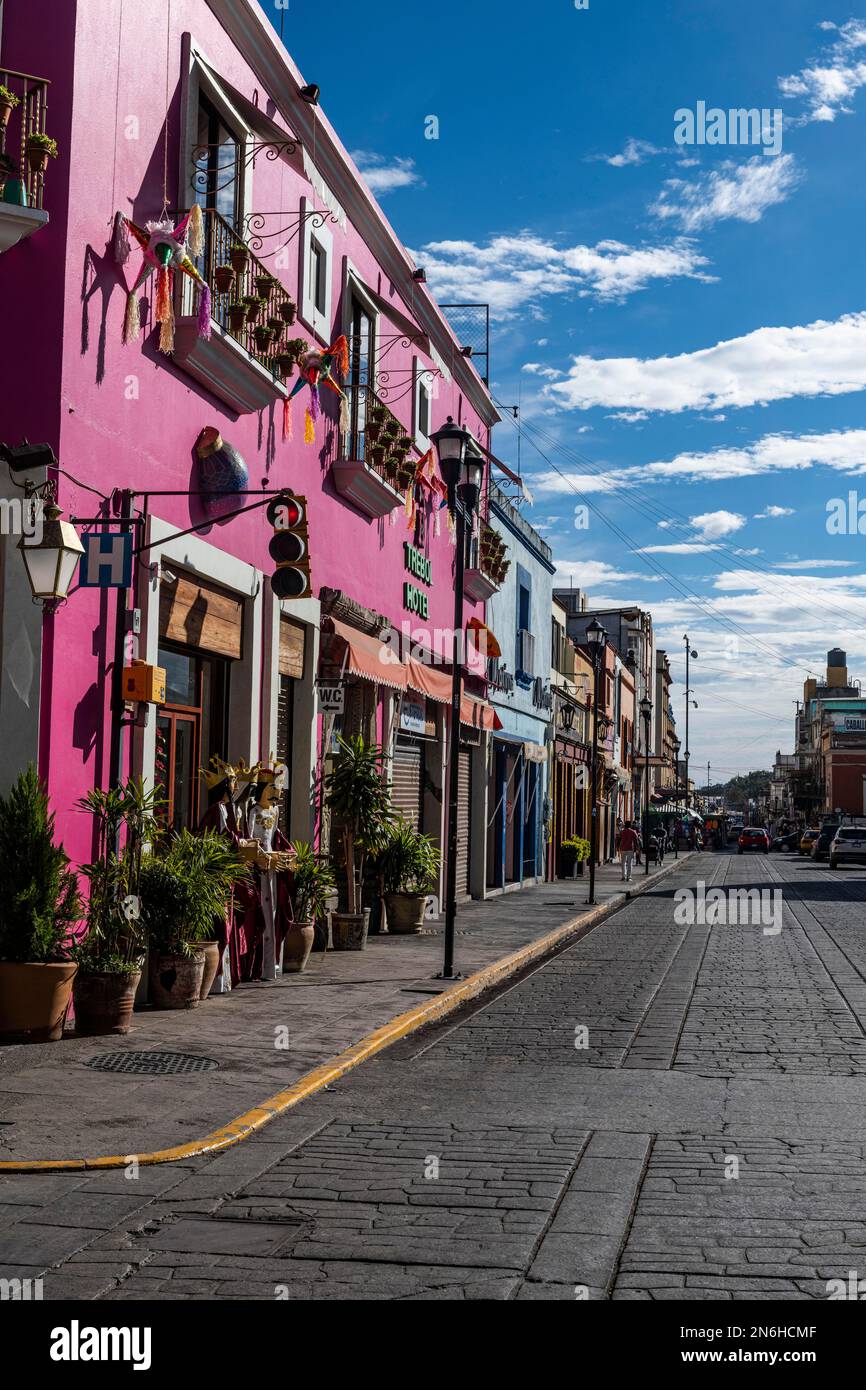Have you ever wondered how to correctly pronounce the name of one of Mexico's most vibrant states, Oaxaca? Despite its widespread recognition for its rich cultural heritage and culinary delights, the pronunciation of Oaxaca often leaves many perplexed. A bold statement that captures this confusion is that even native English speakers frequently mispronounce it. This issue arises because the word contains phonetic elements unfamiliar to non-Spanish speakers. Thus, understanding the correct pronunciation becomes essential not only for linguistic accuracy but also for respecting cultural nuances.
Oaxaca, a state in southern Mexico, stands out as a region celebrated globally for its unique traditions, festivals, and gastronomy. However, mastering its pronunciation can be challenging due to differing interpretations across various resources. For instance, online searches yield multiple variations such as wah-HA-ka or wa-HAH-kah. These discrepancies stem from regional accents within Mexico itself and adaptations into English-speaking contexts. To clarify these differences, let us delve deeper into how locals and experts recommend saying this iconic name.
| Personal Information | Details |
|---|---|
| Name | Oaxaca |
| Location | Southern Mexico |
| Language | Spanish (Primary), Indigenous Languages |
| Cultural Significance | Famous for traditional crafts, festivals like Día de Muertos, and diverse cuisine |
| Pronunciation Guide | SpanishDictionary.com |
When considering the correct pronunciation, one must account for both Latin American and Spanish influences. In authentic Mexican Spanish, Oaxaca is pronounced with a soft 'w' sound at the beginning, followed by an aspirated 'h' in the middle syllable. This results in the phonetic representation [waˈhaːka]. Conversely, when adapted into English, speakers might simplify it to something resembling wah-HAH-kah, emphasizing the second syllable more prominently than in its original form. Such adaptations highlight the dynamic nature of language as it crosses borders and cultures.
Moreover, the complexity of Oaxaca's pronunciation extends beyond mere phonetics; it reflects broader issues concerning global linguistic diversity. As globalization increases interactions between nations, accurate pronunciations serve as bridges connecting people while honoring their respective identities. Therefore, learning to say Oaxaca correctly goes beyond personal satisfaction—it fosters mutual respect among international communities engaged in cultural exchange.
Various educational platforms offer guidance on mastering this tricky term through audio clips provided by native speakers. Websites dedicated to teaching languages provide detailed breakdowns of each syllable alongside visual aids demonstrating mouth movements necessary for producing accurate sounds. By utilizing these tools, learners gain confidence in articulating complex words like Oaxaca fluently.
In addition to digital resources, immersion experiences remain invaluable for acquiring authentic pronunciations firsthand. Traveling to Oaxaca allows visitors direct exposure to local dialects spoken daily by residents who embody centuries-old customs tied closely to their land. Engaging directly with them enhances appreciation for regional distinctions embedded within seemingly simple phrases or place names.
Ultimately, achieving proficiency in pronouncing foreign terms requires patience combined with consistent practice informed by credible sources. Whether consulting authoritative websites, listening attentively during conversations, or participating actively in immersive settings abroad, every effort contributes towards greater cross-cultural understanding. Embracing challenges associated with unfamiliar sounds ultimately enriches our ability to communicate effectively across diverse populations worldwide.
Understanding the nuances of Oaxaca’s pronunciation opens doors to appreciating deeper aspects of Mexican culture. From exploring ancient ruins to savoring mole negro prepared according to time-honored recipes passed down generations, visitors encounter countless opportunities to connect meaningfully with locals whose lives revolve around preserving cherished traditions. Thus, taking steps toward accurate verbalization demonstrates genuine interest and respect towards those sharing their homeland proudly.
As we continue navigating interconnected worlds shaped increasingly by technology yet grounded firmly in human connection, prioritizing linguistic precision remains crucial. Pronouncing places like Oaxaca correctly honors indigenous roots while bridging gaps between distant shores brought closer together daily via shared interests transcending geographical boundaries. So next time you plan visiting this enchanting destination—or simply wish discussing it amongst friends—take pride knowing your efforts reflect thoughtful consideration given proper attention deserved such remarkable locales deserve worldwide acclaim rightfully earned over millennia thriving amidst adversity triumphantly overcome generation after generation.



